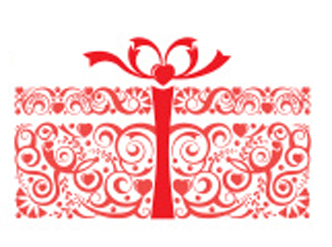
Advent calendar 2012
November 30, 2015 | Issue 25Welcome to the Science in School Advent calendar, packed with inspiring teaching ideas for Christmas, winter and the end of term.


Welcome to the Science in School Advent calendar, packed with inspiring teaching ideas for Christmas, winter and the end of term.
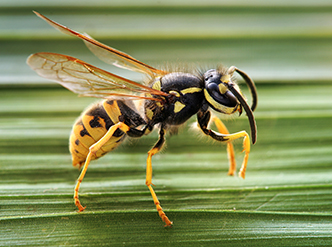
Does true altruism exist? And can science provide the answer?
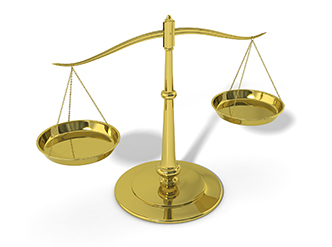
We all know what a kilogram is – or do we? Researchers worldwide are working to define precisely what this familiar unit is.
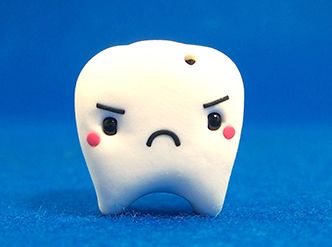
Many of us have had our teeth straightened with braces. Few people know, however, that orthodontics involves a great deal of fundamental science and fast-moving technology.
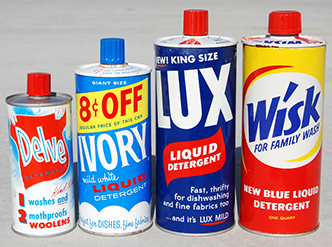
With the use of detergents and other surfactants on the rise, the resulting pollution is worrying. One answer: surfactants that can be collected and re-used simply by switching a magnetic field on and off.
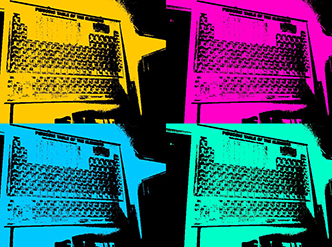
Until a few centuries ago, people believed that the world was made only of earth, air, water and fire. Since then, scientists have discovered 118 elements and the search is on for element 119.
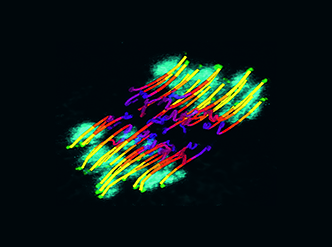
Why does meiosis so often go wrong? And what are the consequences?
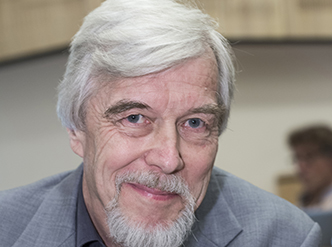
CERN’s director general tells the story behind the Higgs boson – and describes the next steps.

Science in School is published by EIROforum, a collaboration between eight of Europe’s largest inter-governmental scientific research organisations. This article reviews some of the latest news from the EIROforum members (EIROs).
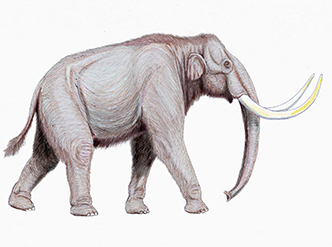
Taking pupils out of the classroom opens up a whole range of activities for teaching young children about the natural world.
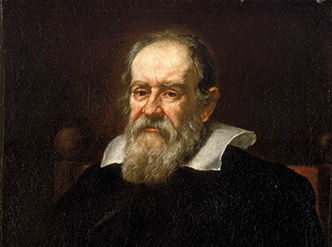
Learn how you and your students can use mathematics to study Jupiter’s moons.
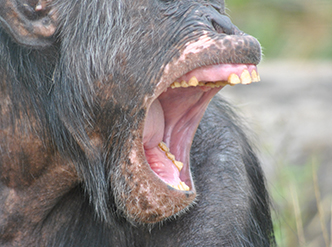
Learn how to use research articles in your science lessons.
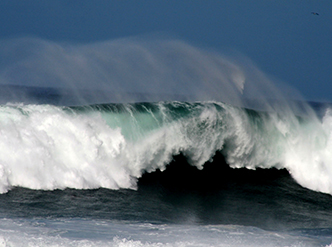
Contrary to the popular saying, deep waters are often far from still – which is just as well for marine life. Activities using simple water tanks are a good way to find out about the physics at work beneath the waves.
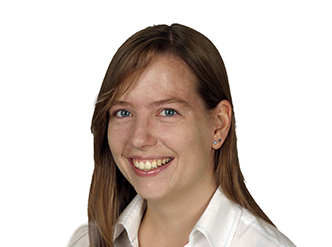
The print copy of this issue of Science in School has a mass of nearly a quarter of a kilogram. But do you know how a kilogram is defined?